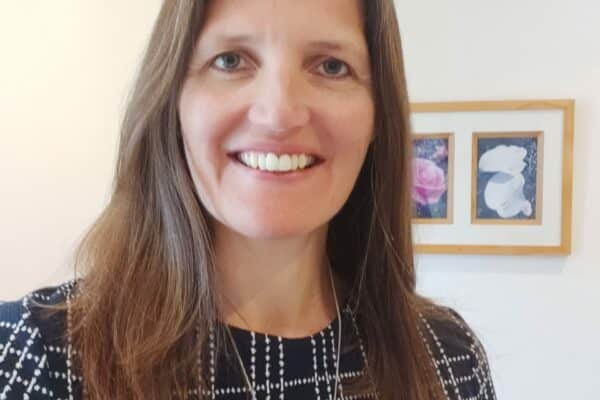I want to open my own care home for people with a learning disability. I have no revenue but years of experience in care. I have successfully managed a care home for the private sector. I have qualifications in management and want to provide the best care. Where can I start?
Many thanks for your question. Registering a care home can be complex but it is great that you have hands on experience as well as additional management qualifications.
All Health and Social care providers must register with the Care Quality Commission (CQC) in order to open up a care home. The registration process has become more stringent in recent years, particularly in relation to care homes for people with learning disabilities. This is because there have been a highly publicised failures in services for people with learning Disabilities such as Winterbourne View and Whorlton Hall.
As the years have gone by, there is more focus to enable people to live in their own homes, with their own tenancy either alone (with support) or with others who they choose (with support). However, it is also recognised that residential homes may still be part of that but CQC have published further guidance on ‘Registering the Right Support; which aims to look at providers intentions, whether the service model meet the Transforming Care agenda and ultimately whether it is the right home for the individuals. CQC ultimately have the power to register a provider or refuse registration so there are a few hoops to get over. Your local commissioners must also be fully involved as CQC will expect you to have had conversations with them about the local need, what services are needed in your area and how you can support to create a home for people with learning disabilities. In the supported living model CQC will look favourably on a provider who is separate from the landlord. This is why care homes are trickier to register – The emphasis will always be to try and encourage people to live in their own home with their own tenancy. However, your local commissioners may identify people where this just isn’t possible and a different model of care and support is required. Large care homes for people with learning disabilities ( 6 beds plus) is unlikely to be granted as this will not evidence person centered care and support.
I have attached links to key documents that you should read before making a decision on whether opening up a care home is right for you:
- model-service-spec-2017.pdf (england.nhs.uk)
- ld-nat-imp-plan-oct15.pdf (england.nhs.uk)
- transforming-commissioning-services.pdf (england.nhs.uk)
- Right support right care right culture (cqc.org.uk)
- The scope of registration (cqc.org.uk)
If this is something you wish to pursue after reading the key documents, then you will need to register your application with CQC. This can take up to 12 weeks and during that process, the registration team will ask for may pieces of information:
- Financial statement: This will want to see how financially viable you are -what your projected forecast is and where your capital will come from -I am afraid you will need to have some revenue to start.
- Learning and Development: They will ask for your intended staff training, who will be providing the training and how you will ensure you have skilled, competent staff with evidence of continued professional development – Your training provider must be an accredited organisation.
- Commissioners: As stated, they will talk to commissioners as part of the registration process to ascertain whether you have had discussions with them and their views on any proposed plans
- The Registered Manager: They will want to know who will be your registered manager, what qualifications they have, are they fit to carry out the role-The registered manager will need to have been appointed before they register any service. They also need to register separately with CQC and will have a number of background checks undertaken.
- Business contingency plan: They will want a plan on how you will deal with emergencies, loss of services, serious staffing issues and what would happen if you went bankrupt -This again ensures you are robust as a provider in order that the people you support are not put at risk
- Key policies: They will ask for a number of key policies to register – Safeguarding ,medication , complaints, infection control, are important ones but as a new provider, they are likely to ask for lots. Again, this is to ensure they know that you have robust systems and processes in place before they agree to register. Their focus is always on the safety of the people we support
- The building/premises: Is the building owned or leased, what are the building plans-does this meet specifications for the people living there? This is particularly important, if you are supporting people with autism or those with stressed or distressed behaviours. These are the conversations they would expect you to have with commissioners who can identify the people that may be moving in and their specific needs. They will also look at the location of the premises: is it truly community based (rural locations with lied bus services and access to local services) are likely to be declined -Unless you can prove this is truly what the individuals or individuals wish for.
We would always advise to read the key documents, particularly in relation to the services they have successfully granted registration to and those registrations that have been denied.
For more info on how QCS can help you deliver and evidence quality care, visit https://www.qcs.co.uk/care-agencies/full-care-management-system/







